Ending Plastic Pollution
The flow of plastics into our environment has reached crisis proportions. It’s time to end the age of plastic! Greenpeace campaigns on plastics in Thailand, Philippines, Indonesia and Malaysia.
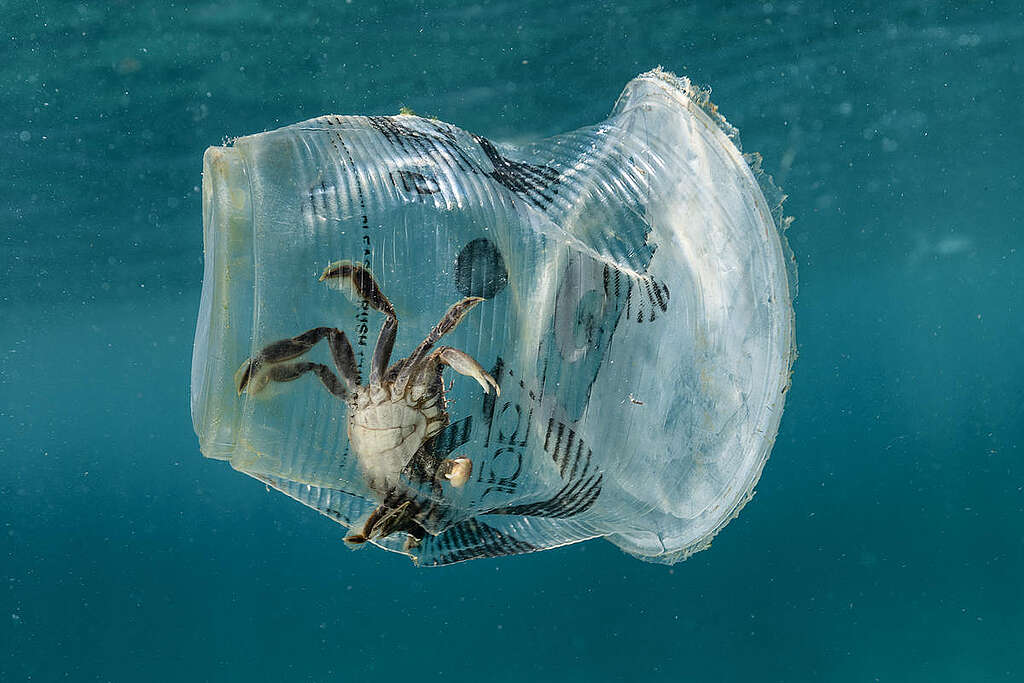

400 million
tonnes of plastic waste is produced every year.

90%
of plastic ever produced has not been recycled and ends up in landfills and the environment.
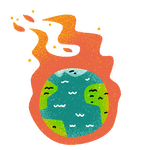
99%
of plastic originates from fossil fuels, releasing greenhouse gases throughout its lifecycle.
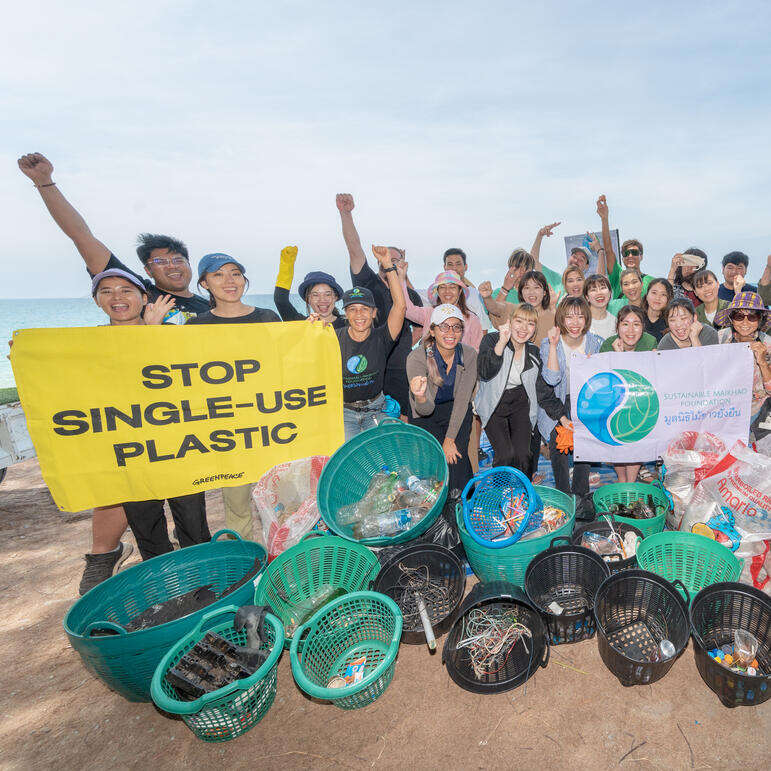
The problem
Plastic pollution affects us all by harming our health, family, and cost of living. Chemicals in plastics can leach into our food and water, posing serious health risks. Mismanaged plastic waste clogs our drainage systems, leading to floods and property damage. By tackling plastic pollution, we protect our loved ones and our wallets while preserving the environment for future generations.
Single-use Plastic Facts
Single-use plastics are disposable items like bags, straws, and packaging that we use briefly, often out of convenience, but which persist in the environment for centuries. Annually, over 400 million tonnes of plastic are produced, with a significant portion ending up in our oceans, rivers, and landfills. Only 9% of all plastic ever produced has been recycled. Microplastics are now found everywhere from the Arctic to our food and drinking water, posing severe risks to both wildlife and human health.
Link to Fossil Fuels and Climate Change
Nearly all plastics (over 90%) are derived from fossil fuels. At every stage of their lifecycle—from extraction to disposal—plastics emit greenhouse gases, contributing to global warming. By 2050, plastic production and incineration could account for up to 13% of the global carbon budget, exacerbating the climate crisis.
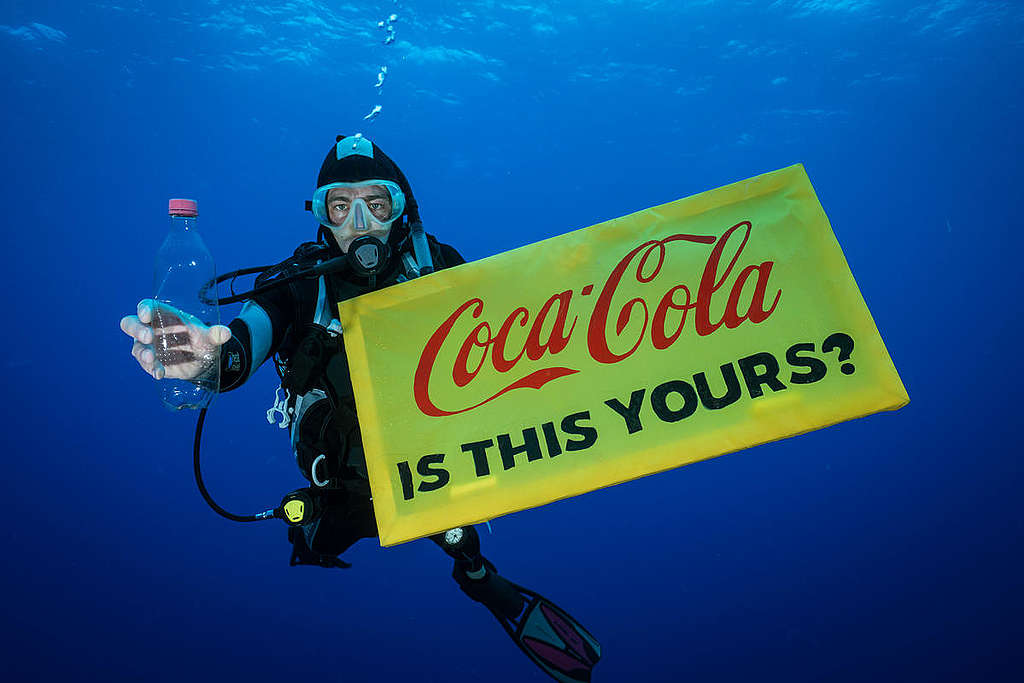
Who is to blame for the plastic crisis?
Big brands like Nestlé, Unilever, and Procter & Gamble drive plastic pollution through their reliance on single-use packaging. They often mask their environmental impact with superficial CSR programs, shifting the burden to consumers. The sachet economy prevalent in countries like the Philippines, Indonesia, and Thailand exacerbates this issue, promoting low-value, non-recyclable packaging. Moreover, wealthy nations export their plastic waste to Southeast Asia, further burdening our communities and ecosystems.
Greenpeace’s Vision for the Future
Greenpeace envisions a future free from the plastic crisis. We aim to halt plastic production at its source, advocating for sustainable alternatives and holding corporations accountable. Our goal is to shift towards a circular economy where products are reused, repaired, or recycled, eliminating the need for single-use plastics. This future promises healthier communities, cleaner environments, and a stable climate.
10 Things You Can Do to Help
- Refuse single-use plastics like straws, cutlery, and packaging.
- Bring reusable containers, water bottles, and bags everywhere.
- Segregate and clean your trash to improve recyclability.
- Support local zero-waste stores and initiatives.
- Educate others about the impact of plastic pollution.
- Participate in community clean-up drives.
- Advocate for plastic bans and stricter regulations.
- Choose products with minimal or no plastic packaging.
- Use eco-friendly alternatives, like bamboo or metal straws.
- Sign Greenpeace’s petition to demand corporate responsibility for plastic waste.
How you can help
-
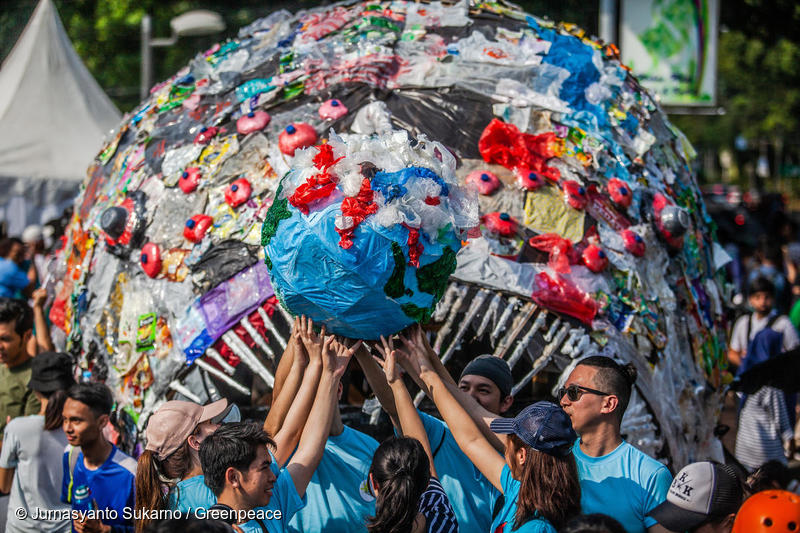
Stop plastic pollution!
Ask world leaders to support a strong global plastic treaty that addresses the whole life cycle of plastic.
-
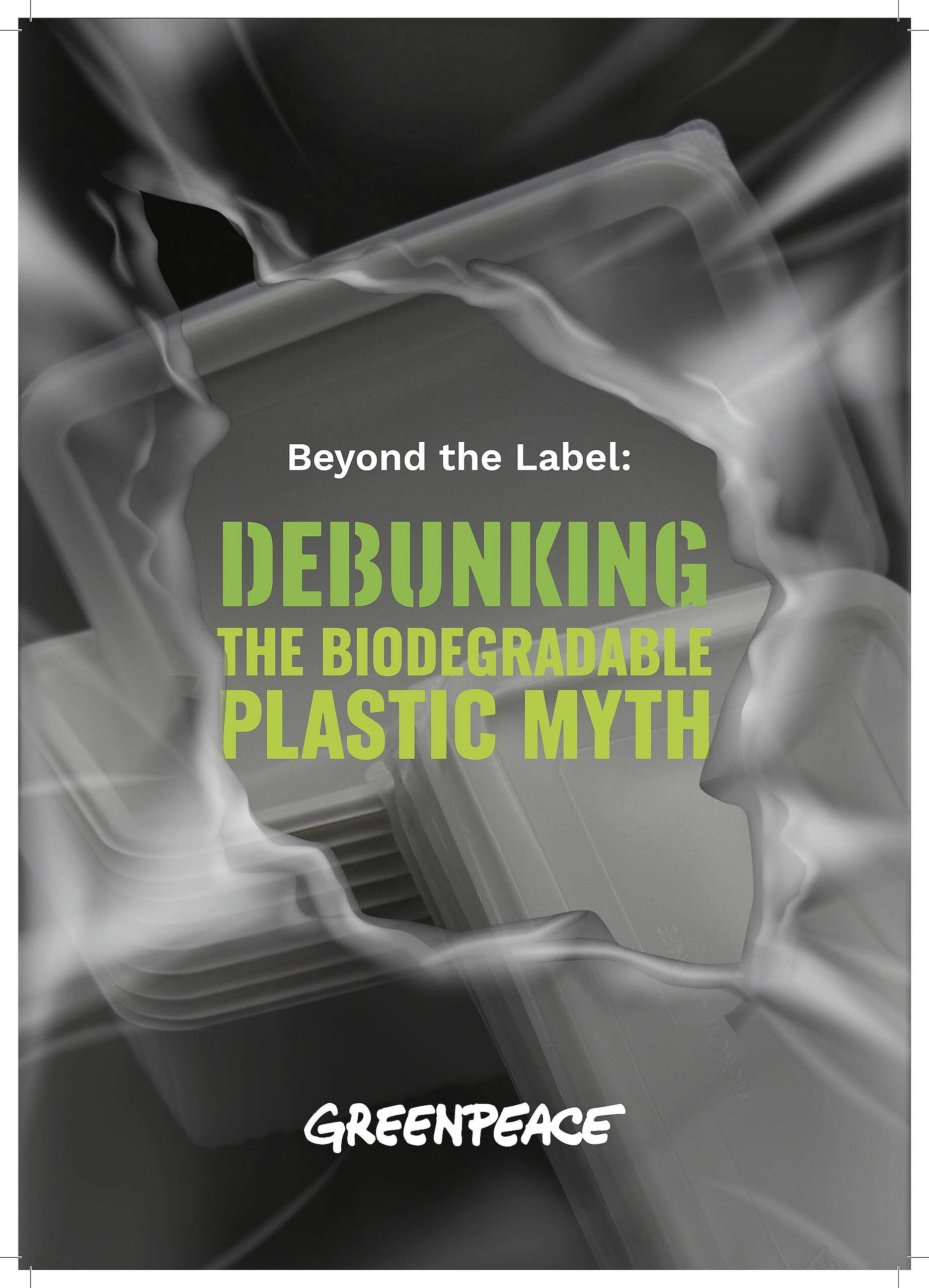
Beyond the Label: Debunking the Biodegradable Plastic Myth
Greenpeace Thailand’s report “Beyond the Label: Debunking the Biodegradable Plastic Myth” critically examines the real-world performance of biodegradable and bio-based plastic packaging widely marketed as eco-friendly.
-
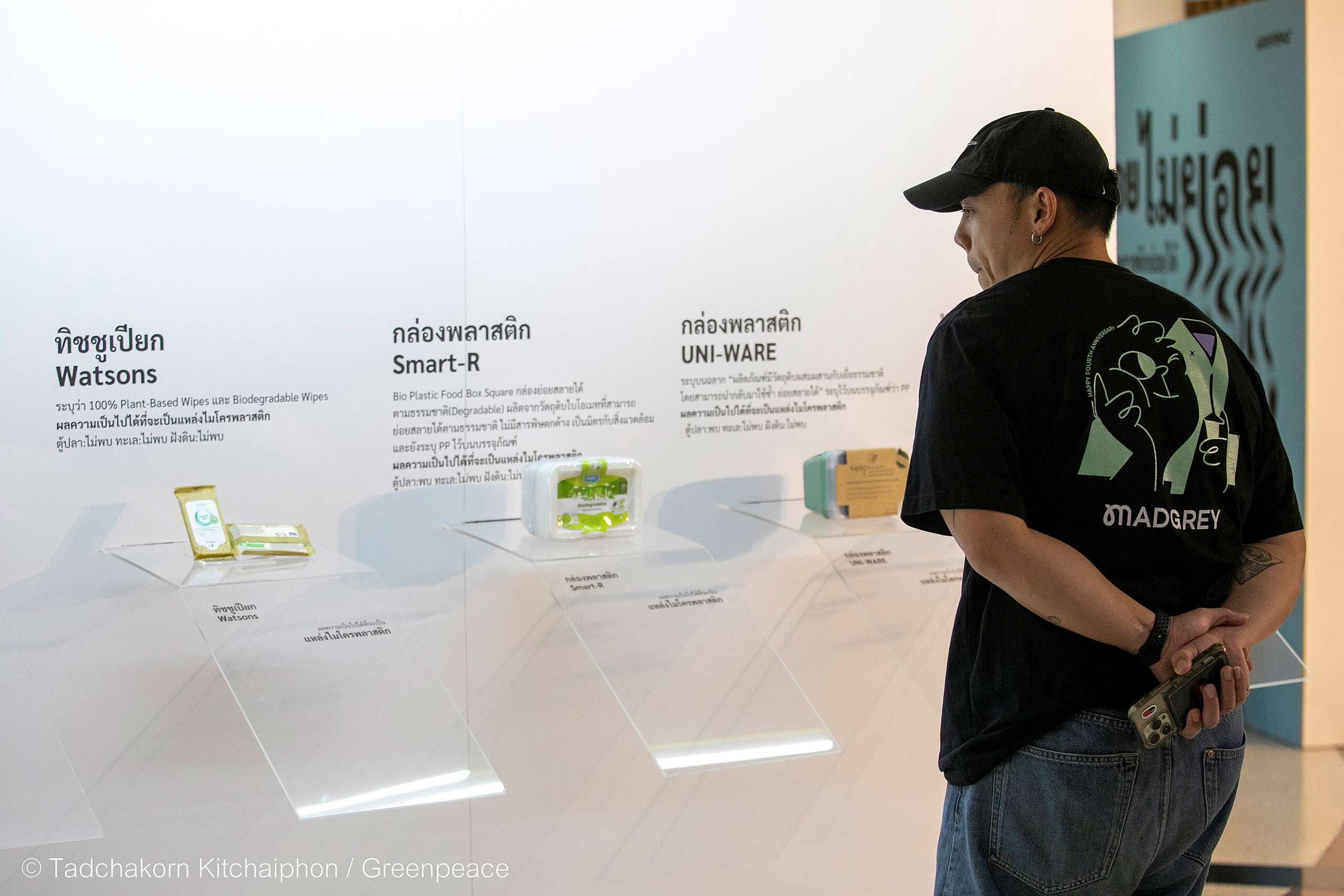
Bioplastics Are Not the Solution to the Plastic Pollution Crisis, Says Greenpeace
Greenpeace Thailand’s latest report “Beyond the Label: Debunking the Biodegradable Plastic Myth”
-

Groups call for elimination of polluting sachets as plastic treaty talks intensify
Civil society leaders demand greater transparency and participation in upcoming plastics treaty negotiations
-

Beyond the Label: Debunking the Biodegradable Plastic Myth
Greenpeace Thailand’s report “Beyond the Label: Debunking the Biodegradable Plastic Myth” critically examines the real-world performance of biodegradable and bio-based plastic packaging widely marketed as eco-friendly.
-

Bioplastics Are Not the Solution to the Plastic Pollution Crisis, Says Greenpeace
Greenpeace Thailand’s latest report “Beyond the Label: Debunking the Biodegradable Plastic Myth”
-

Groups call for elimination of polluting sachets as plastic treaty talks intensify
Civil society leaders demand greater transparency and participation in upcoming plastics treaty negotiations
-
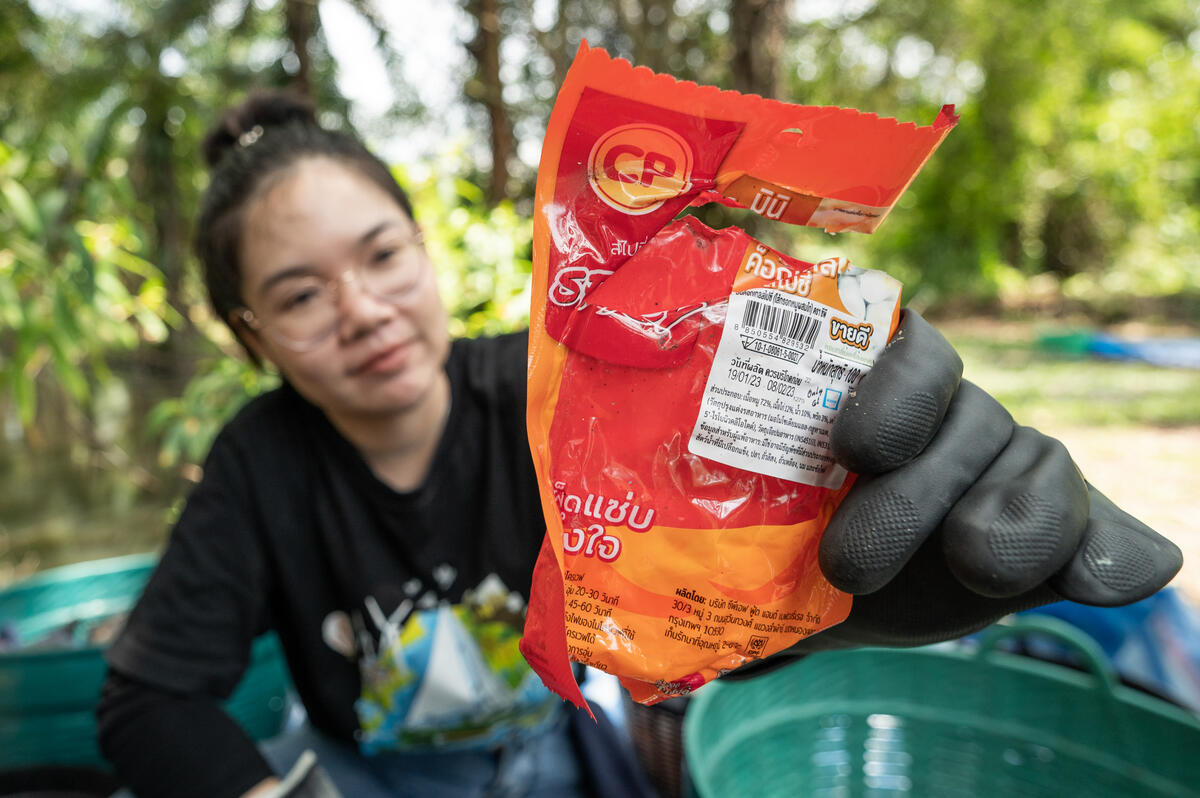
CP Group’s Sustainable Packaging Policy falls short in addressing the root cause of plastic pollution- Greenpeace Thailand analysis
Greenpeace Thailand urges the CP group to prioritise the reduction and elimination of plastic packaging in its supply chain if it wants to reach carbon neutrality and net-zero goal.
Keep me posted!
Sign up as a Greenpeace supporter to get the latest updates and action alerts in your country.
